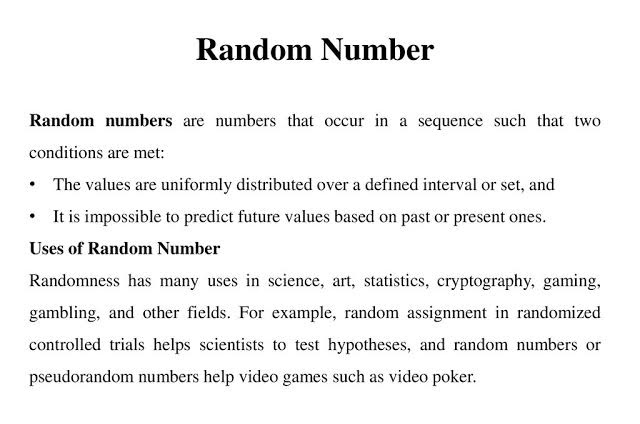The Nazi regime did not nationalize industries and in fact mass privatized industries wherever possible. 

The word “privatization” was coined by The Economist to describe Hitler’s economic policies in Germany. 

The Nazi party had a wing called the Strasserite wing, which was led by Otto Strasser and Gregor Strasser. They differed from Hitler's wing in that they supported industrial nationalisation.
Gregor Strasser was assassinated by Hitler in the Night of the Long
Knives, whereas Otto fled the country.
Here's a passage from one of Otto Strasser's books in which he describes a conversation he had with Hitler in which he
tried to convince Hitler to nationalise industries:
Knives, whereas Otto fled the country.
Here's a passage from one of Otto Strasser's books in which he describes a conversation he had with Hitler in which he
tried to convince Hitler to nationalise industries:

Hitler started killing off communists, socialists and trade unionists before he came after Jewish people. 

Niemöller was a prominent Lutheran pastor in Germany. He sympathized with many Nazi ideas and supported radically right-wing political movements.
But after Adolf Hitler came to power in 1933, Niemöller became an outspoken critic of Hitler’s interference in the Protestant Church. He spent the last eight years of Nazi rule, from 1937 to 1945, in Nazi prisons and concentration camps.
Hitler really disliked the introduction of the word "socialist" to the party's name.
Because socialism was popular at the time, it was included only to appeal to working people.
Because socialism was popular at the time, it was included only to appeal to working people.

Later, as he got stuck with the name, Hitler accepted it while insisting that his socialism was simply identical with nationalism. He explains this in an interview with George Sylvester Viereck, where he was asked this very question; 

People who say the Nazis were socialists do so only for political purposes, because they hate socialists and want to disdain them.
The claim is unrelated to historical reality in any way, and their only argument is "it's in the name!" despite Hitler himself objecting to it being in the name, as well as killing socialists and implementing the exact opposite policies that a socialist would.
do you still believe "Nazis were socialists"?
Further readings:
1) Privatisation in Nazi Germany
1) Privatisation in Nazi Germany
https://twitter.com/piebyfour/status/1662130917907869696?t=t5IhGXiv1eGbQAGhOA7cfQ&s=19
2) Nazism isn't Socialism
https://twitter.com/piebyfour/status/1617524761361526789?t=j0VVLzhVZNcF78S81mr5oQ&s=19
3) Nazism and Capitalism
https://twitter.com/piebyfour/status/1681707288820580371?t=j0VVLzhVZNcF78S81mr5oQ&s=19
*were.
my bad it's a typo and i don't have an edit option:(
my bad it's a typo and i don't have an edit option:(
• • •
Missing some Tweet in this thread? You can try to
force a refresh

 Read on Twitter
Read on Twitter












